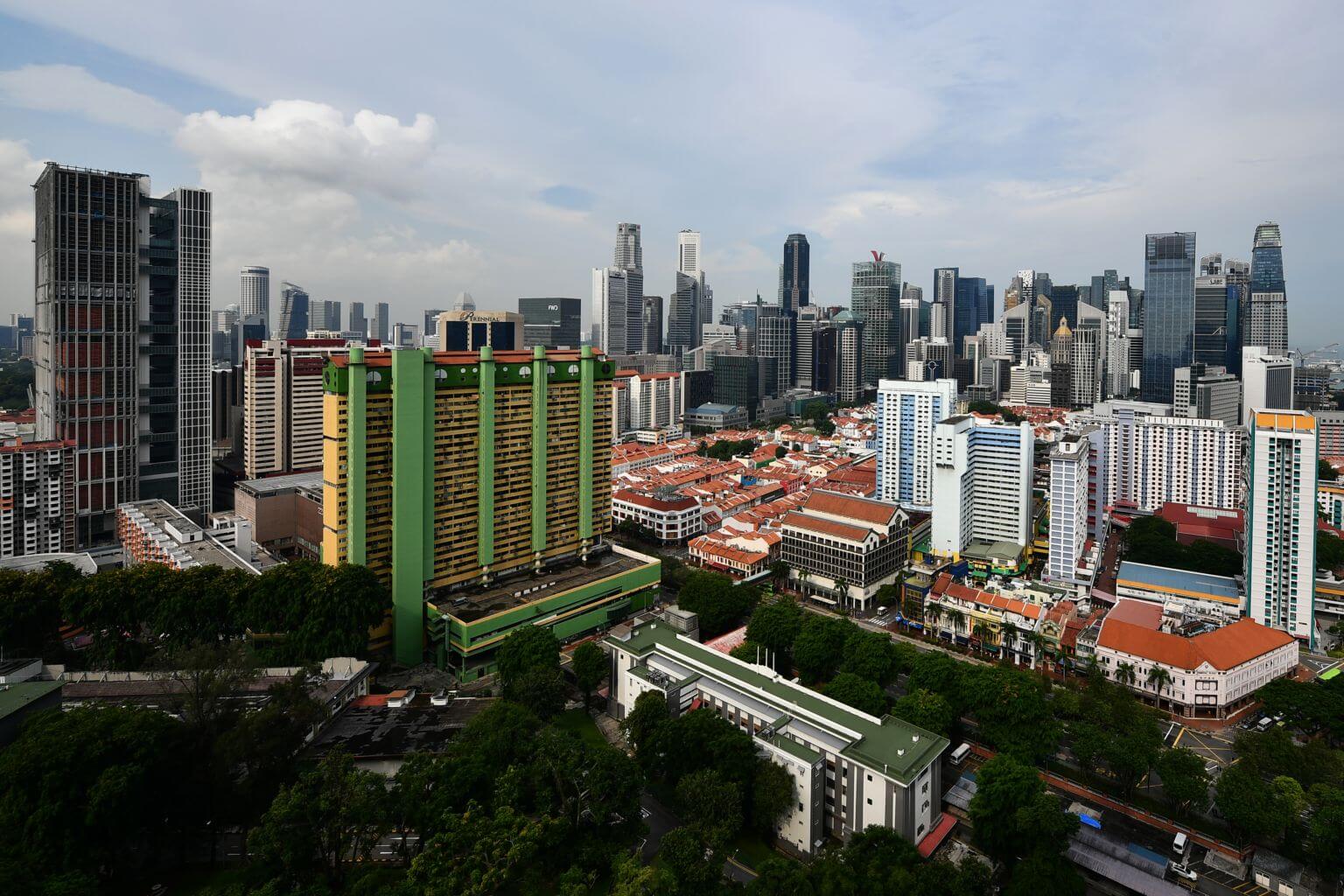Singapore must remain steadfast to multicultural heritage
Sign up now: Get ST's newsletters delivered to your inbox

Singapore's civic district seen on May 11, 2019.
PHOTO: ST FILE
China has dismissed the Washington-based Jamestown Foundation's report on its "influence" operations in Singapore as lies (Chinese Embassy rebuts report on influence operations in S'pore, July 20).
But its activities in the South China Sea, for instance, may show what its true intentions are.
Islands reclaimed for what China says is global meteorological and oceanic research have since become environmentally destructive Chinese military garrisons, as some had suspected from the outset.
Are this and other activities that contravene international law in a busy open waterway akin to developing friendly relations with its neighbours, including Singapore, on the bases of mutual respect, equality and mutual benefit?
A recent online survey by the Iseas - Yusof Ishak Institute highlighted a growing deficit of trust in China among its Asean friends, a sentiment that echoes the wider perception of Beijing's growing hubris and aggression across much of the developed world, including Taiwan and Hong Kong.
China's promises increasingly ring hollow as platitudes are upended by the Chinese Communist Party (CCP), which appears more keen than ever to export its rule of law based on the righteousness and supremacy of its might over the rule of international law.
Canada, Australia, Japan, South Korea, and even Singapore and some other Asean members have all been at the wrong end of the party's stick even as it complains about being arm-twisted by the United States in their ongoing trade spat.
The lines between CCP influence and coercion, both at home and abroad, have become more blurred in favour of gunboat and cheque-book diplomacy.
Singaporean investors and businesses which see China as their oyster are free to continue shucking it for yuan and ignore its fog of rhetoric, as "One" China is certainly much more than the CCP, as many Taiwanese, Hongkongers and some mainland Chinese can attest to.
But these firms do so at their own risk vis-a-vis their stakeholders.
As a sovereign nation with a Chinese-majority population located in a region where intercultural attitudes and belief systems can be extremely dense and complex, especially towards the economically successful Chinese diaspora, Singapore and Singaporeans must remain vigilant against and sensitive to any mischief that exacerbate these challenges, and divide and rule us.
Multiculturalism must define and permeate Singapore's values system as an ethos of humanity and democracy, as well as a strategy for our own security, sovereignty and survival.
Toh Cheng Seong


